History of Chundikkulam National Park
On February 25, 1938, the Fauna and Flora Protection Ordinance (No. 2) of 1937 designated Chundikkulam Lagoon and its surrounding area as a bird sanctuary.
The Sri Lanka Army’s 55 Division, advancing from Nagar Kovil, reclaimed the area around the Chundikkulam sanctuary from the militant Liberation Tigers of Tamil Eelam in January 2009.
Following that, the Sri Lankan military began constructing military bases in the sanctuary, prohibiting local fishermen from using it and local residents from returning to their homes. In January 2012, the army opened the Chundikulam Nature Park Holiday Resort in the sanctuary’s northern section.
Following the end of the civil war in Sri Lanka, the government announced plans to turn several sanctuaries in the Northern Province into national parks.
An Integrated Strategic Environmental Assessment of Northern Province, published in October 2014 by the government with the assistance of the United Nations Development Programme and the United Nations Environment Programme, recommended that the Chundikkulam sanctuary be expanded westwards towards Elephant Pass and south-eastwards towards Chalai and Pallamatalan and upgraded to a national park.
The sanctuary’s area would be increased from 11,149 ha (27,550 acres) to 19,565 ha (48,347 acres) as a result of absorbing state-owned forests nearby.
Chundikkulam, along with Adam’s Bridge, Delft, and Madhu Road, were designated national parks by the government in May 2015.
On June 22, 2015, the Chundikkulam sanctuary was designated as a national park with a total area of 19,565 ha (48,347 acres).
The area around the Chundikkulam sanctuary in Sri Lanka was designated as a bird sanctuary in 1938. In 2009, the Sri Lankan army began constructing military bases in the sanctuary. The sanctuary’s area would be increased from 11,149 ha (27,550 acres) to 19,565 ha (48,347 acres) after absorbing state-owned forests nearby. Chundikkulam, along with Adam’s Bridge, Delft, and Madhu Road, were designated national parks by the government in May 2015.
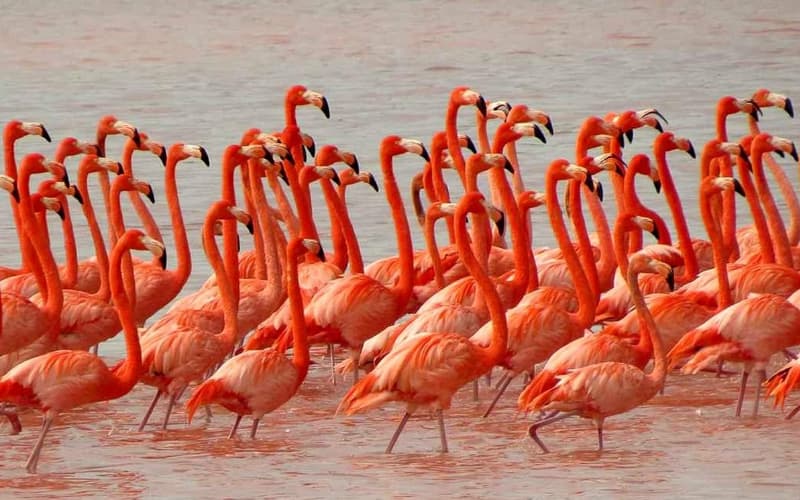
Flora and Fauna Diversity of Chundikkulam National Park
Mangrove swamps and seagrass beds surround Chundikkulam Lagoon in part. Palmyra palm plantations, scrub forests, and a variety of dry zone flora can be found in the surrounding area. The park is home to a wide variety of water and water birds, including bar-tailed godwits, black-tailed godwits, black-winged stilts, brown-headed gulls, common sandpipers, curlew sandpipers, eurasian coots, eurasian curlews, eurasian spoonbills, eurasian teals, eurasian wigeons, Leopards, sloth bears, and deer are among the mammals found in the park. Mugger and saltwater crocodiles have also been spotted in the park.
Mangrove swamps, scrub forests and dry zone flora can be found in the surrounding area of the park. The park is home to a wide variety of water and wader birds, including bar-tailed godwits, black-tailed godwits, black-winged stilts, brown-headed gulls, common sandpipers, curlew sandpipers, eurasian coots, eurasian curlews, eurasian spoonbills, eurasian teals, eurasian wigeons, Leopards, sloth bears, and deer are among the mammals found in the park.
Conclusion
In conclusion, Chundikkulam National Park in Sri Lanka is a hidden gem that offers visitors a chance to experience the island’s natural beauty and wildlife in a unique and unspoiled setting. With its diverse ecosystems and rare wildlife, this park is a must-visit destination for nature lovers and wildlife enthusiasts alike.
At Ceylon Wild Tours, we are passionate about helping visitors experience the very best of Sri Lanka’s natural beauty and wildlife, and Chundikkulam National Park is certainly no exception. Our expert guides are dedicated to sharing their knowledge and expertise, and ensuring that every visitor has a truly unforgettable experience.
Whether you’re interested in exploring the park’s wetlands, spotting rare birds and reptiles, or simply taking in the stunning natural beauty of the area, Chundikkulam National Park has something to offer everyone.
So why not plan your visit to Chundikkulam National Park today and discover the wonders of this hidden gem? With Ceylon Wild Tours, you can rest assured that you’ll have a trip of a lifetime, filled with unforgettable memories and experiences that will last a lifetime.

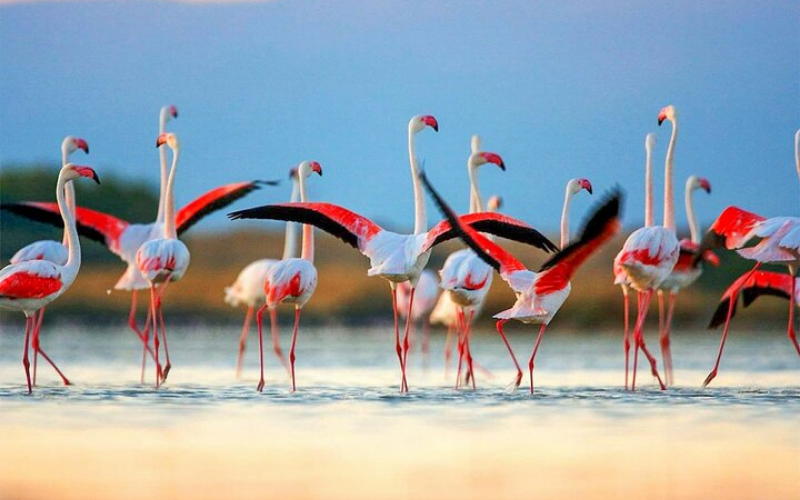



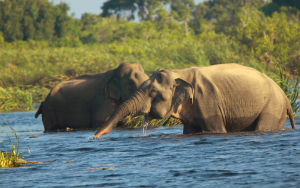
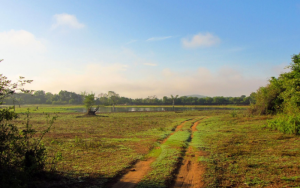
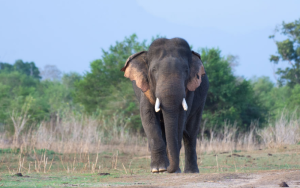
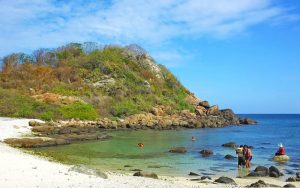
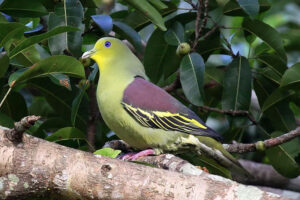
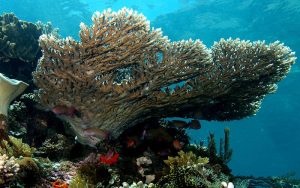

One thought on “Chundikkulam National Park | Sri Lanka”
4.5